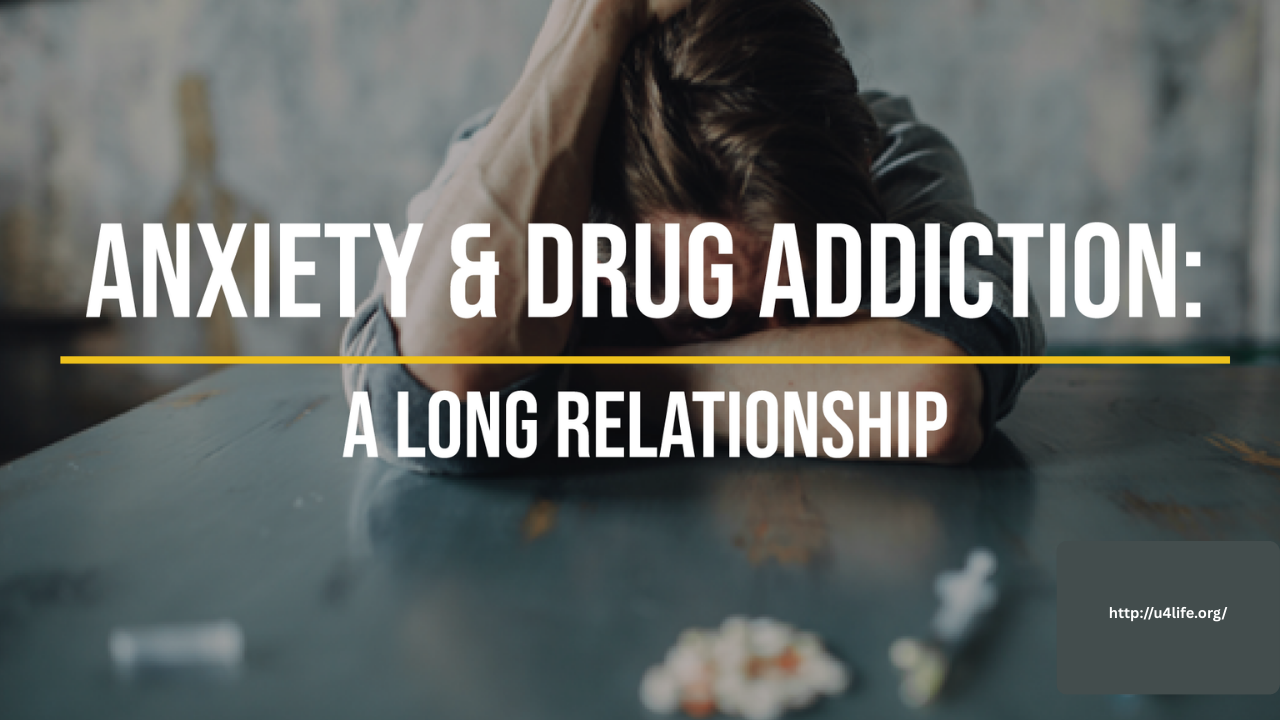 In any committed relationship—especially marriage—partners dream of building a life together filled with love, support, and shared goals. But to truly create a strong and lasting future with someone else, the journey must begin within. Healing yourself first isn’t just beneficial—it’s essential. Emotional wounds, unresolved trauma, and addiction can all act as hidden barriers that prevent healthy connection and long-term success in a relationship.
In any committed relationship—especially marriage—partners dream of building a life together filled with love, support, and shared goals. But to truly create a strong and lasting future with someone else, the journey must begin within. Healing yourself first isn’t just beneficial—it’s essential. Emotional wounds, unresolved trauma, and addiction can all act as hidden barriers that prevent healthy connection and long-term success in a relationship.
Why Personal Healing Matters
No one enters a relationship perfectly whole, but carrying unhealed pain or unhealthy coping mechanisms into a partnership can create strain and instability. Whether it’s past trauma, addiction, or emotional baggage from previous relationships, these issues often surface during moments of stress and conflict. Without proper healing, old wounds can sabotage even the strongest bonds.
When you prioritize healing, you give yourself the opportunity to understand your triggers, learn healthy boundaries, and develop emotional intelligence. These tools are invaluable in a relationship, allowing you to communicate effectively, resolve conflicts maturely, and support your partner without losing yourself in the process.
Addiction and Relationship Strain
One of the most significant barriers to building a healthy future with a partner is untreated addiction. Addiction distorts priorities, compromises trust, and creates emotional distance. While it may seem possible to “fix things later,” the reality is that entering a committed relationship while still in the throes of addiction often leads to resentment, co-dependency, and eventual breakdown.
Healing from addiction before making long-term commitments allows both individuals to engage fully in the relationship. It sets the tone for mutual respect, transparency, and shared responsibility—all vital for building a strong partnership.
Self-Awareness Leads to Better Choices
Healing is a process that encourages deep self-reflection. It helps you understand your values, boundaries, and emotional needs—all of which play a critical role in choosing the right partner and sustaining a healthy relationship. When you’re unhealed, it’s easy to mistake intensity for love or fall into patterns of unhealthy attachment.
With a healed and grounded sense of self, you’re better equipped to make thoughtful decisions about your relationship and future. You begin to seek partnerships based on compatibility and emotional safety, rather than fear, loneliness, or unresolved pain.
A Strong Foundation for the Future
Healing yourself first allows you to bring your best self into the relationship. It means you’re not relying on your partner to “fix” you or fill a void. Instead, you’re contributing equally to the relationship, creating a balanced dynamic where both individuals feel seen, supported, and valued.
This strong emotional foundation makes it easier to navigate challenges, set goals together, and enjoy each phase of your journey as a couple. Whether it’s raising a family, building a career, or simply growing old together, healing yourself lays the groundwork for lasting love and fulfillment.
Conclusion
Building a future together is a beautiful goal, but it begins with doing the inner work. Healing yourself first is not a selfish act—it’s an act of love and responsibility. When you show up whole and self-aware, you give your partner the best version of yourself and create the conditions for a resilient, thriving relationship. A strong future together starts with one simple truth: you must first be whole on your own.

